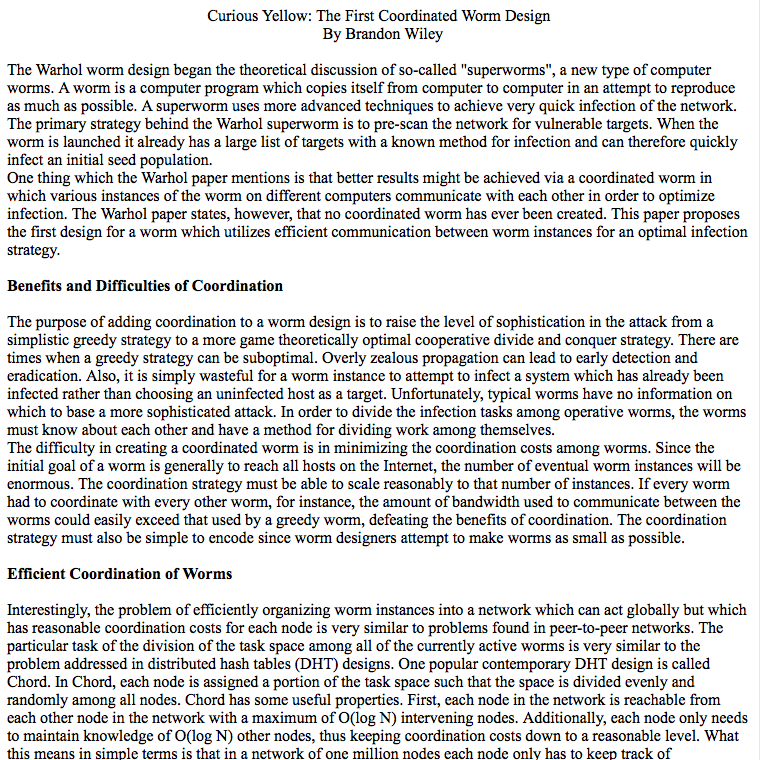
Glasshouse
Charles Stross
“When Robin wakes up in a clinic with most of his memories missing, it doesn’t take him long to discover that someone is trying to kill him. It’s the twenty-seventh century, when interstellar travel is by teleport gate and conflicts are fought by network worms that censor refugees’ personalities—including Robin’s earlier self.
On the run from a ruthless pursuer and searching for a place to hide, he volunteers to participate in a unique experimental polity: the Glasshouse, a simulated pre-accelerated culture where participants are assigned anonymized identities. But what looks like the perfect sanctuary turns into a trap, placing Robin at the mercy of the experimenters—and at the mercy of his own unbalanced psyche…”
The Hugo-nominated science fiction novel Glasshouse explores numerous interesting themes, including self-identity, transhumanism, and gender determinism. As a story set in the distant future, it is natural to wonder about what exactly it means to be human after spreading to every corner of the galaxy while augmenting oneself with cybernetics and genetic upgrades. Add onto that the ability to selectively erase memories and simulate former time periods, and you have a recipe for a rather compelling work of fiction.
Book Details
| Month | January 2018 |
| Meetup Date | Saturday March 3 2018 18:00:00 |
| Meetup Location | XION |
| Referer | aoseamilk |
| Amazon Link | http://a.co/0QaFXT4 |
Bonus Material

|
Curious Yellow: The First Coordinated Worm DesignThe destructive worm described in Glasshouse called “Curious Yellow” was originally based on a computer security whitepaper by Brandon Wiley. It describes a worm that is capable of scanning a network for a list of potential targets and then infecting them silently, waiting for commands from a central command-and-control server. |
Notes from the Admin
Characters
- Reeve/Robin (protagonist)
- Kay/Sam (girlfriend/”husband”)
- Janis (librarian, co-worker)
- Fiore (bad guy, Glasshouse founder)
- Bishop Yourdon (Glasshouse founder)
- Dr. Hanta (trustworthy companion)
- Dr. Sanni (Linebarger Cats officer, savior)
Themes
- Identity, gender, self
- Conformity, peer pressure
- “Post-death”, space-faring humanity
- Censorship, mass surveillance, fascism
Other Terms
- T-gates (transporter gates): wormholes that link polities light-years apart.
- A-gates (assembler gates): matter compilers—creates various objects using elementary molecules.
- MASuckers (Mobile Archive Suckers): spacecraft that travel between polities. Fueled by plasma sucked in from T-gates.
- Republic of Is: network of polities that make up modern human society.
- Curious Yellow: virus/worm that acted upon T- and A-gates. Infected hosts which carried the worm to other gates. Caused the Republic to fracture into a multitude of isolated societies. “Cognitive Dictators” abused Curious Yellow’s powers in the aftermath to brainwash entire civilizations.
- Linebarger Cats: militia who specialized in unique strategies used to eliminate the worm and regain control. Attempted to repurpose Curious Yellow to immunize against the infection instead of continuing to spread.
Notes
- Similarities drawn from 1984 (mass surveillance utopia, groupthink conformism).
- Similarities to The Matrix (mass simulation, elements of control). Difference being that Glasshouse was a “consensual” simulation while it was non-consensual in The Matrix.
- Or was it? It could be argued that Glasshouse was more like a military prison than a social experiment.
- Allegorical references to problems with the informational age.
- “We know why the dark age happened,” Fiore continues. “Our ancestors allowed their storage and processing architectures to proliferate uncontrollably, and they tended to throw away old technologies instead of virtualizing them. For reasons of commercial advantage, some of their largest entities deliberately created incompatible information formats and locked up huge quantities of useful material in them, so that when new architectures replaced old, the data became inaccessible.”
- Critical of dictatorships and concentration of power. The town in which Glasshouse took place can be described as peaceful and well-organized, but it was rejected by Reeve and, somewhat by proxy, Sam as well.
- “Even dictatorships need to provide the vast majority of their citizens with a comfortable everyday life.”
Other Work by Charles Stross
- Singularity Sky: alien/posthuman race invades colony world
- Accelerando: series of short stories (free e-book!)
- The Atrocity Archives: series of novels about British intelligence agency who deals with “occult threats”. Computers and math equations are like magical spells that can wield special powers and open gates to other dimensions.